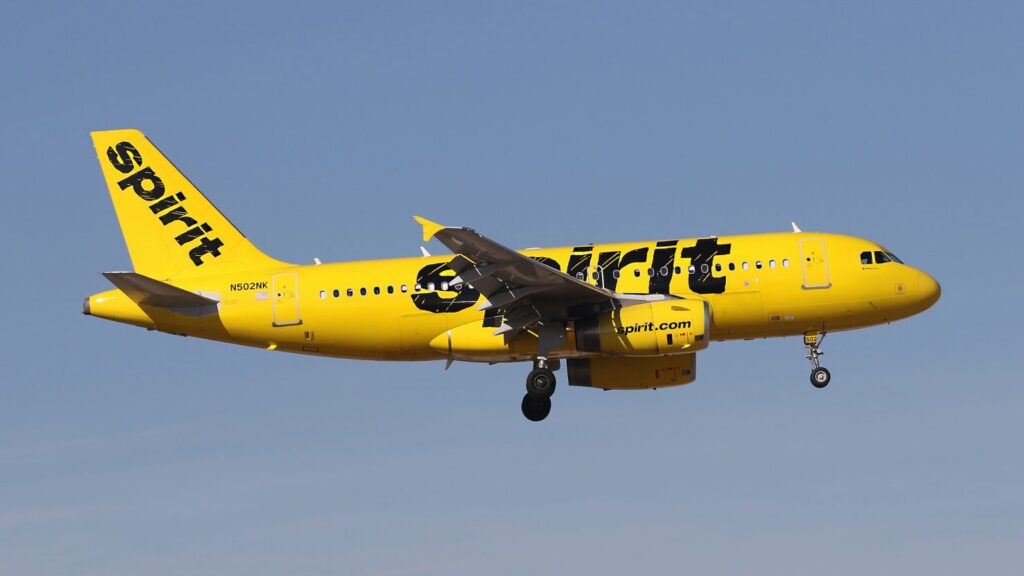Spirit Airlines, the largest budget airline in the U.S., filed for Chapter 11 Bankruptcy on November 18, 2024, just before the busy Thanksgiving travel week. This decision comes in the wake of considerable financial struggles, exacerbated by the COVID-19 pandemic and a failed merger attempt with JetBlue earlier this year. While this news may raise concerns for travelers, Spirit has assured the public that its operations will remain normal during this critical holiday travel period. This bankruptcy filing is viewed as a strategic move to restructure and stabilize the airline, which has faced increasing losses and growing debt in a competitive market.
In its official statement, Spirit Airlines outlined its plans to reorganize under bankruptcy protection. The airline reported that it has reached a prearranged agreement with its bondholders, which includes securing $300 million in financing to support operations during the restructuring process. The airline aims to emerge from bankruptcy by the first quarter of 2025, signifying a push toward financial recovery and operational stability. Amid the uncertainty surrounding its financial health, Spirit is taking proactive measures to reassure customers that ticket sales and normal airline functions will persist throughout the bankruptcy proceedings.
Spirit Airlines’ CEO, Ted Christie, expressed optimism regarding the company’s future in the wake of the bankruptcy filing. He emphasized that the agreement with the majority of bondholders reflects a strong vote of confidence in the airline’s long-term viability and restructuring strategy. Christie highlighted the importance of continuity for travelers, reassuring them that they can continue to book flights with Spirit without disruption. The airline’s commitment to maintaining normal operations comes at a particularly crucial time, as millions of Americans are preparing to travel for Thanksgiving, one of the peak travel seasons of the year.
The backdrop to Spirit Airlines’ financial troubles lies in the broader challenges facing the aviation industry. The pandemic severely impacted air travel, leading to reduced demand and substantial financial losses for many airlines. As travel began to rebound, debt levels remained high, creating a precarious situation for budget carriers like Spirit. Furthermore, the failed merger with JetBlue not only added to financial pressures but also signaled a challenging competitive landscape, making it critical for Spirit to find alternative solutions for recovery and growth.
The immediate impact of the bankruptcy filing on travelers appears minimal, with Spirit Airlines emphasizing that it will continue to operate flights and sell tickets. This reassurance is essential for maintaining customer trust, particularly as the holiday season approaches. Despite the challenges ahead, Spirit’s leadership appears committed to navigating the turbulent waters of the airline industry and addressing the underlying issues that have led to this juncture. Their goal is to ensure that Spirit remains a viable option for budget-conscious travelers in the years to come.
In summary, Spirit Airlines’ recent Chapter 11 Bankruptcy filing reflects broader trends in the aviation industry as budget carriers strive to adapt to a post-pandemic environment. With the backing of bondholders and a strategic plan for reorganization, the airline is positioning itself for recovery while prioritizing operational continuity. As travelers prepare for the Thanksgiving holiday, Spirit Airlines remains focused on providing service and confidence during this transition phase, setting the stage for a hopeful resurgence in the future.

